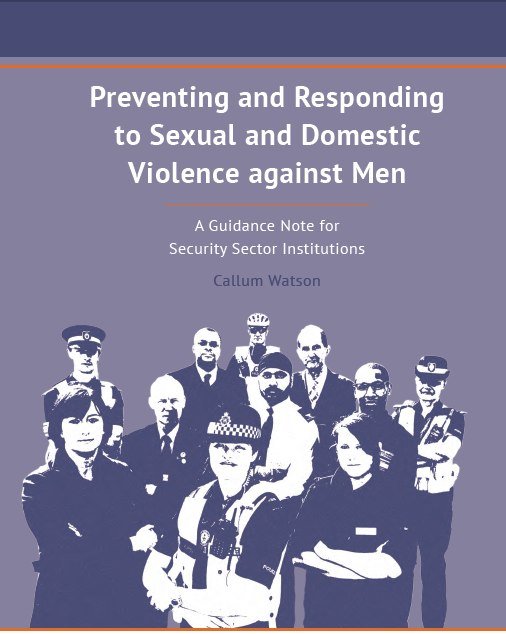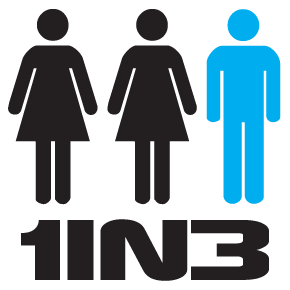Preventing and Responding to Sexual and Domestic Violence against Men - A Guidance Note for Security Sector Institutions

Large numbers of men are subjected to Sexual and Domestic Violence (SDV). For example, official statistics from Australia estimate that 336,000 men (4 per cent of the male population) have been victims of sexual violence and 448,000 men (5.3 per cent) have been subjected to partner violence since they turned 15 years old. Male victims often share similar security needs with female victims. However, there are also gender-specific barriers to accessing security and justice, and the issue of SDV remains especially shrouded in silence and misconceptions when it comes to male victims. A literature review indicated that while academic research on these topics does exist and several NGOs have recorded relevant good practices, there is currently no single document where this information is synthesised in such a way that it can be readily used by the security sector. This guidance note is therefore designed to serve as a tool to enable security sector institutions to provide a more effective gender-sensitive approach to preventing and responding to SDV against men. It aims to do this by:
giving an overview of the scope and types of SDV against men
outlining key assessment criteria for security sector institutions to measure their current response to SDV against men
providing practical guidance, including good practices, on how security sector institutions can prevent and respond effectively to SDV against men
outlining key assessment criteria for security sector institutions to measure their current response to SDV against me
providing a basis for further research in and documentation of SDV against men.
This guidance note is designed primarily to assist those working at the operational, strategic or management level in police and penal services, but it is also useful for the armed forces. It addresses the issue of preventing and responding to SDV both against their own personnel and against the civilians they are mandated to protect (e.g. general population, prisoners or civilians in the context of a peacekeeping operation). It is also aimed at staff working in bodies that manage and oversee these security sector institutions, such as government ministries, parliaments, ombuds institutions, human rights institutions and civil society, including victims’ associations and the media. In addition, it may be useful to NGOs advocating better services to SDV victims as well as to academics and researchers.
Download the full Guidance Note here (PDF).

